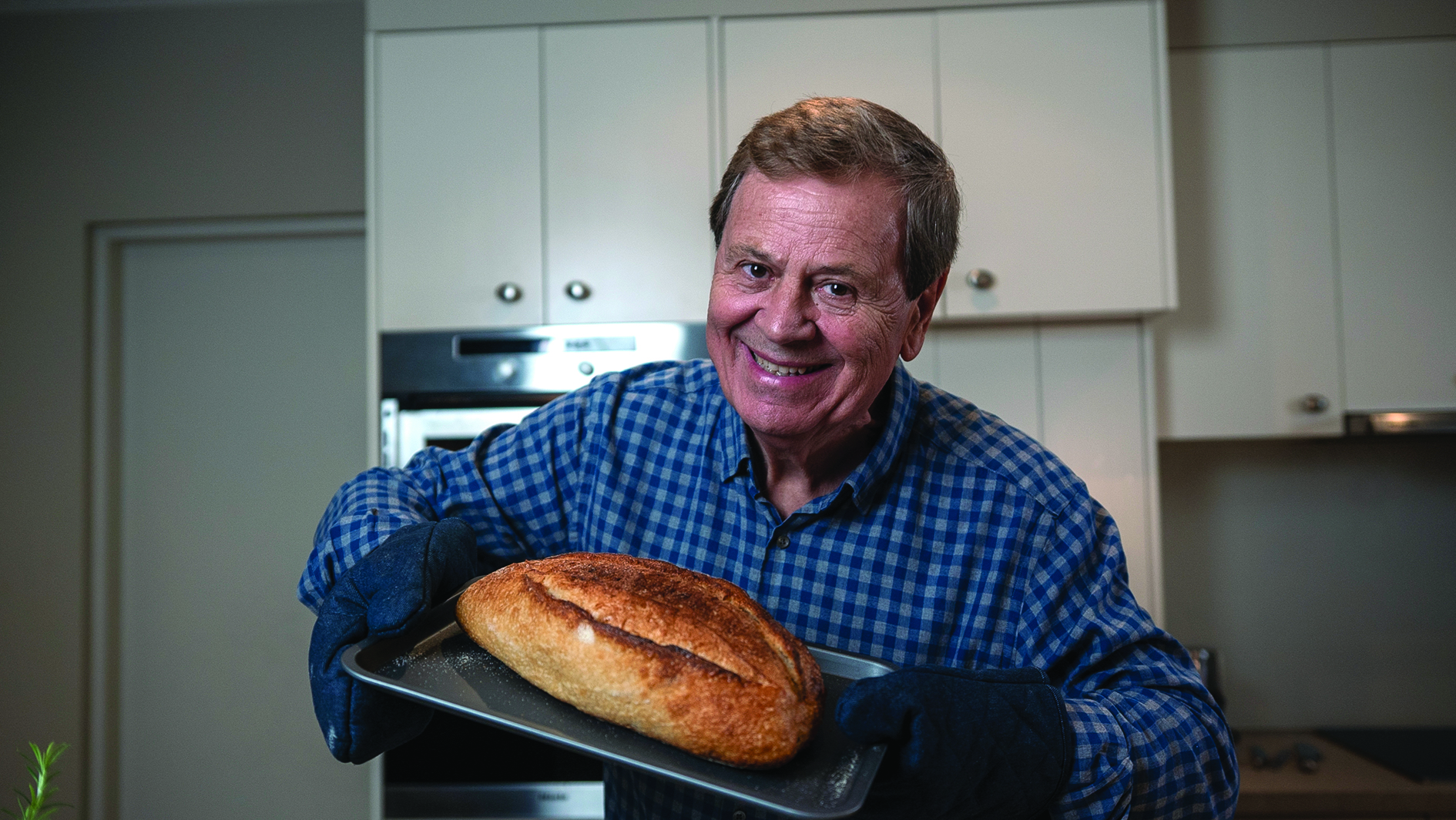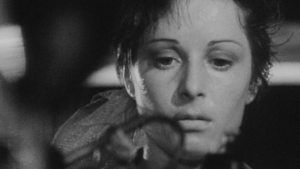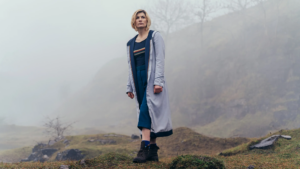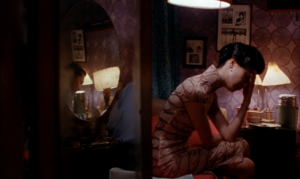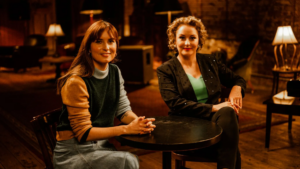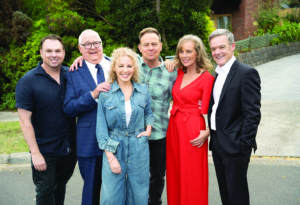Last year gave us a new genre of entertainment – the ‘lockdown comedy’. While there is little that was objectively funny about many of 2020’s events (from fire and floods to, of course, COVID-19), pockets of programs have sprung up in lots of places and media forms, leaning all the way into the experience of being physically restricted in a way that so many of us had never experienced before. Some people reacted by just wanting to ignore the whole thing – including free-to-air programmers, who seem to have played musicals and 1980s action films more frequently than ever before to help audiences cope – but a number of artists and their fans chose instead to stare isolation down and laugh in its face.
In Australia, the ABC’s At Home Alone Together led the charge for lockdown comedy. A weekly sketch program loosely organised like a mock lifestyle program, its tagline – ‘A lifestyle show for a world in which nobody has a life’ – made its intentions clear. Showrunner Dan Ilic (of comedy podcast A Rational Fear) and head writer Chris Taylor (of The Chaser) assembled a remarkable group of writers and performers to somehow work out the logistics of talking about the experience of being stuck indoors while also capturing it. Logistics like production meetings, camerawork, editing and post-production – all put together while the ABC itself was under extreme scrutiny and pressure to be all things to all people, but also with an ever-decreasing budget and resource pool – must have been a nightmare, but the results were hugely satisfying. Support from Screen Australia was invaluable, as were the talents of artists like Tony Award nominee Eddie Perfect, who composed, recorded and performed the show’s theme. The performers were also just outstanding in their own right – with characters like Anne Edmonds’ Helen Bidou an absurd delight.
Over nine episodes, regular segments were offered to cover all bases, including lockdown parenting, cooking, gardening, DIY and general ‘life hacks’. Keeping it all ‘together’ was host Ray Martin – an icon of ‘respectable’ programming, who hilariously delivered increasingly deranged mock-egotistical monologues to camera as the series progressed. At the end of the show’s run, Ilic declared on Twitter that writing absurdities for Martin to say was the highlight of the exercise for him – as it was for this writer, too. Let’s just say the words on the page aren’t enough; they need Martin’s smoothness to make them pop. Other public figures also appeared in unusual but wonderful ways, such as Melbourne’s Father Bob Maguire, who offered spiritual guidance via Zoom, and ABC Science expert Norman Swan, hosting the wonderfully straight-to-the-point segment ‘Unthreatening Facts’. Tonic for the soul.
Given its topic and genre, however, it’s unsurprising that At Home Alone Together attracted some controversy. On 20 May, Senator Sarah Henderson took to Twitter to attack the show, describing it as ‘one of the worst, unfunniest TV shows ever produced with taxpayer dollars’ and asking, ‘As one of Australia’s finest and most iconic TV journalists, what was Ray Martin thinking?’ In response, Ilic made note of the show’s place as an employer as well as entertainer, explaining how the show had given work to around forty contributors ‘who mostly normally work in live entertainment’, and also added that it ‘beat most commercial networks on [its] debut. I’d say we’re doing pretty well.’ In an earlier interview with TV Tonight, Martin had seemingly pre-empted responses like Henderson’s, remarking, ‘If comedy doesn’t upset at least some people, you’re probably not doing it right.’
Internationally, similar types of shows emerged, including ‘Zoom’ specials like those put together for Saturday Night Live and US late-night talk shows. One of the most original (and successful) has been the BBC’s Staged, a lockdown sitcom starring David Tennant and Michael Sheen as versions of themselves. Filmed mostly in their houses in single-camera, dual-screen conversation mode, the series was also short and sweet, following a semi-fictional narrative about grounded actors starved of an audience and a purpose. While it ran the risk of becoming too self-indulgent at times, two incredible cameos saved the day (and the surprise of their appearance is what made them most fun, so no spoilers here). The end result was a bit like the Steve Coogan and Rob Brydon–starring series The Trip; however, in this case, families – and especially wives – appeared less like sidekicks and more like pillars of relative sanity.
While we can hope that the ‘lockdown comedy’ will be but a distant memory in 2021, these explorations were a blessed relief at the height of the pandemic. From the exaggerated to the very, very ordinary, these ‘shows about nothing’ have shown that even in the most straitened conditions, entertainers can still find an audience.
